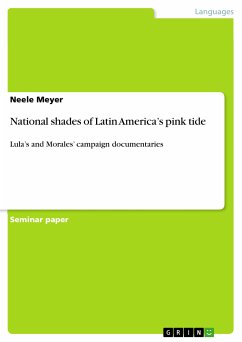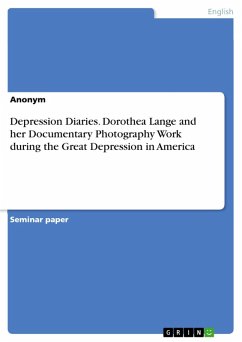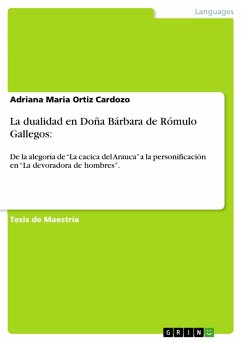Seminar paper from the year 2011 in the subject Romance Studies - Latin American Studies, grade: 8,5, Utrecht University (Latin American and Caribbean Studies), language: English, abstract: In the last ten years, left parties won elections in the majority of Latin America countries - an unexpected success would have seemed impossible just a decade before when the end of the Cold War and the stagnation in Cuba suggested that the era of socialism was over (Castañeda 1993: 3). In many countries, the voters trusted liberal parties to bring about democratization and neoliberal reforms, but in fact even left parties had little choice but to follow the same agenda. This phenomenon of the success of "restricted quality" left parties (Weyland 2004: 150) as a result of limited space of action came to be known as Latin America's pink tide. The various parties of pink tide are often closely linked to its respective leader, which characterizes these movements as personalist and neopopulist (ib.: 149). The diversity of left governments has risen debate about whether or not the left can still be seen a one political camp and how to conceptualize these different parties and its leaders. The most common practice of dividing them into a 'good', social-democratic left and a 'bad', radical one is as often reproduced as it is criticized (French 2009: 351). To see whether this distinction is justified, this paper is going to focus two politicians that are usually positioned at the opposing ends of the left spectrum: Brazil's former president Lula, a representative of the 'good left', and Bolivia's president Evo Morales as part of the 'bad left'.
Dieser Download kann aus rechtlichen Gründen nur mit Rechnungsadresse in A, B, BG, CY, CZ, D, DK, EW, E, FIN, F, GR, HR, H, IRL, I, LT, L, LR, M, NL, PL, P, R, S, SLO, SK ausgeliefert werden.









